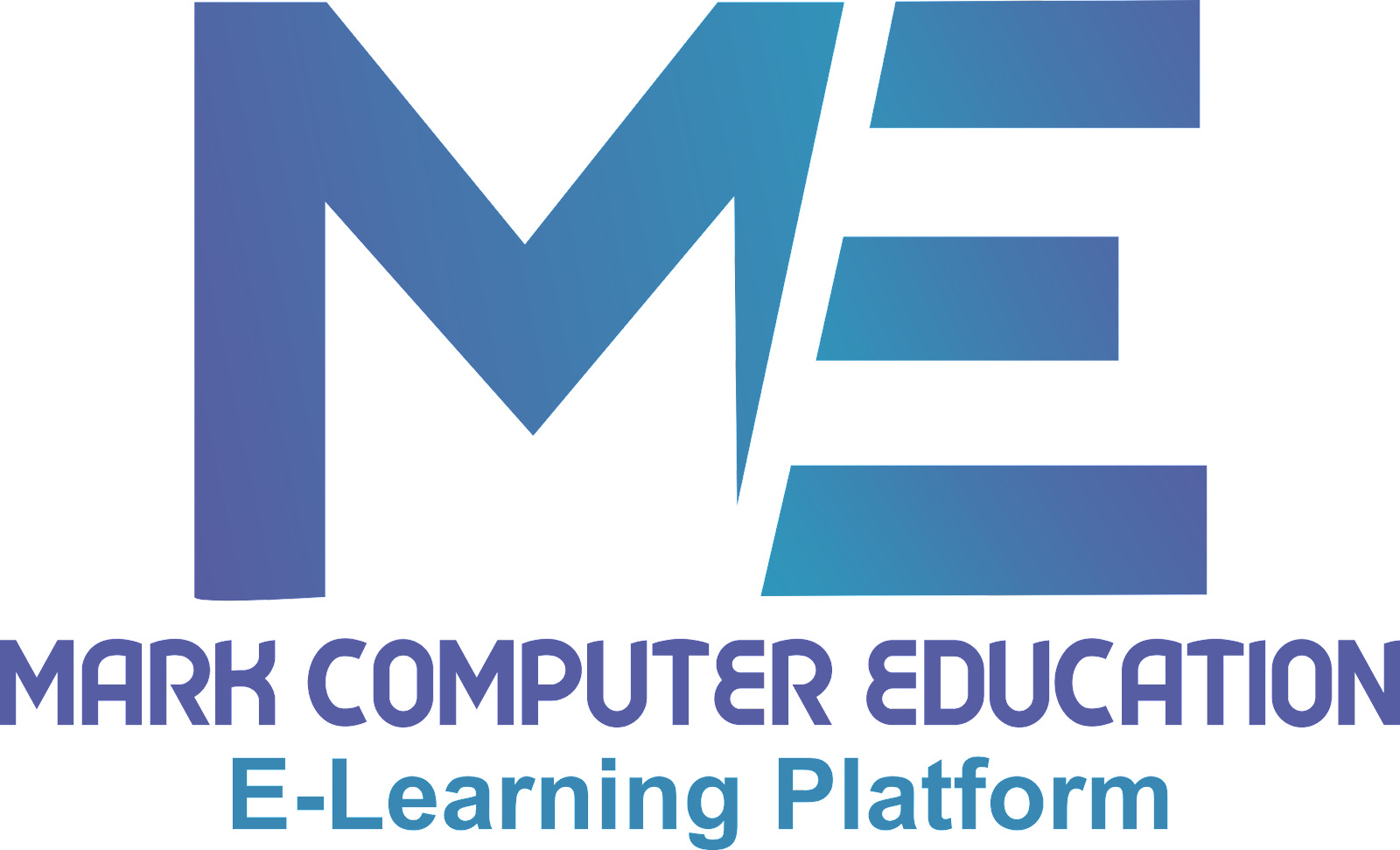C Programming | C Programming Language | C Programming Beginners | C Programming Beginners Tutorial
C language Tutorial with programming approach for beginners and professionals, helps you to understand the C language tutorial easily. Our C tutorial explains each topic with programs.
Introduction of C
C is a general-purpose, high-level language that was originally developed by Dennis M. Ritchie to develop the UNIX operating system at Bell Labs. C was originally first implemented on the DEC PDP-11 computer in 1972. In 1978, Brian Kernighan and Dennis Ritchie produced the first publicly available description of C, now known as the K&R standard. The UNIX operating system, the C compiler, and essentially all UNIX application programs have been written in C.
C has now become a widely used professional language for various reasons:
- Easy to learn
- Structured language.
- It produces efficient programs
- It can handle low-level activities
- It can be compiled on a variety of computer platforms
Facts about C:
- C was invented to write an operating system called UNIX.
- C is a successor of B language which was introduced around the early 1970s.
- The language was formalized in 1988 by the American National Standard Institute (ANSI).
- The UNIX OS was totally written in C.
- Today C is the most widely used and popular System Programming Language.
- Most of the state-of-the-art software have been implemented using C.
- Today's most popular Linux OS and RDBMS MySQL have been written in C.
Why Use C?
C was initially used for system development work, particularly the programs that make- up the operating system. C was adopted as a system development language because it produces code that runs nearly as fast as the code written in assembly language.
Some examples of the use of C might be:
- Operating Systems
- Language Compilers
- Assemblers
- Text Editors
- Print Spoolers
- Network Drivers
- Modern Programs
- Databases
- Language Interpreters
- Utilities



